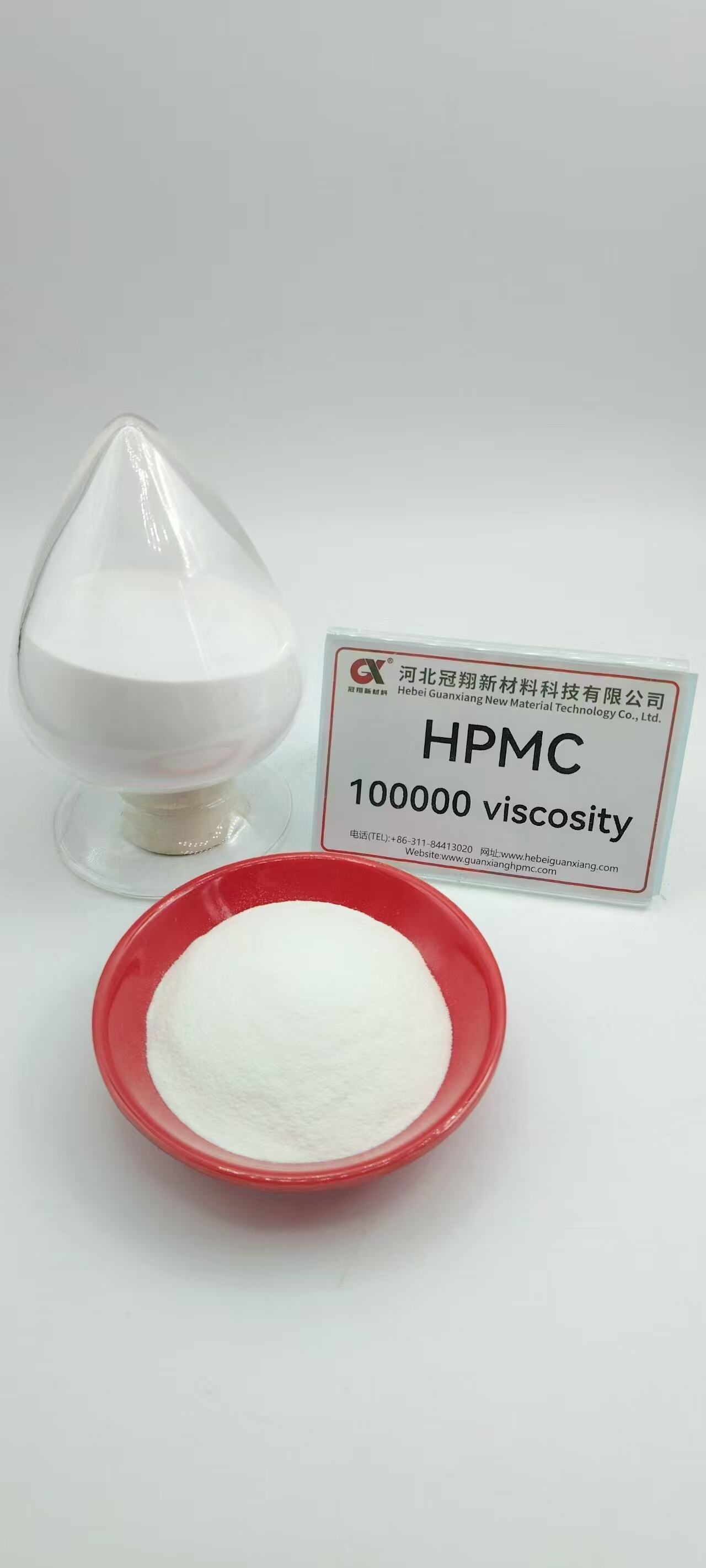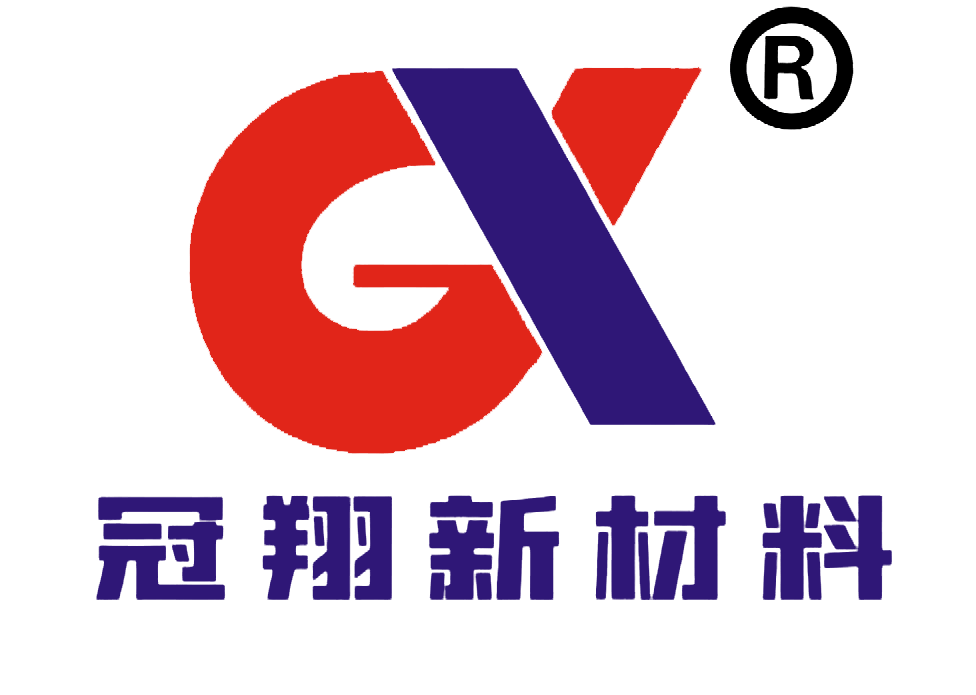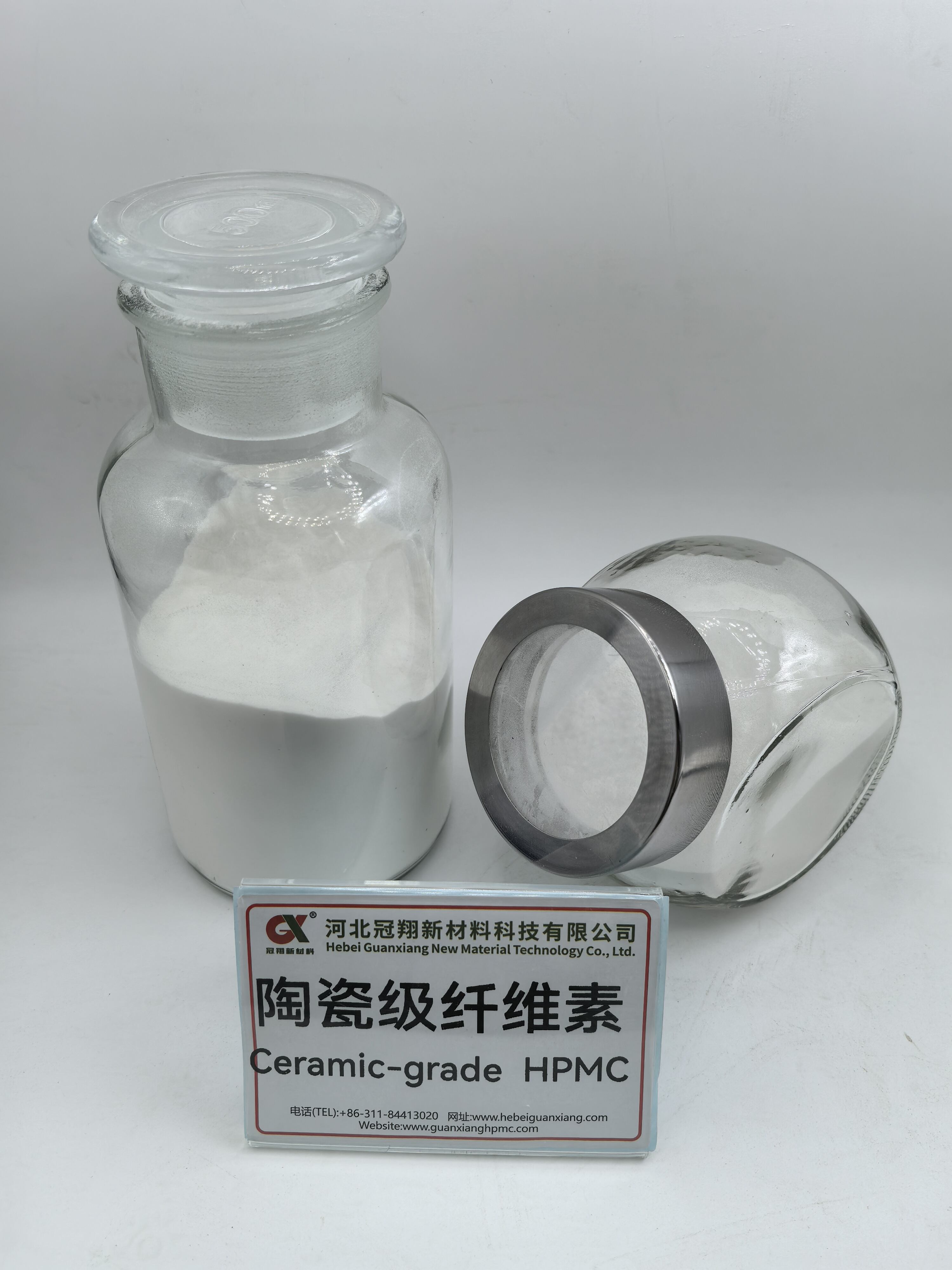Selecting the right HPMC manufacturer represents a critical business decision that can significantly impact your product quality, operational efficiency, and bottom line. Hydroxypropyl methylcellulose (HPMC) serves as an essential ingredient across numerous industries, from construction and pharmaceuticals to food production and cosmetics. The quality and reliability of your chosen supplier directly influence your manufacturing processes, product performance, and customer satisfaction levels.
The global HPMC market continues expanding rapidly, driven by increasing demand in construction applications, pharmaceutical formulations, and specialty industrial uses. This growth has led to numerous suppliers entering the market, making the selection process more complex yet crucial for business success. Understanding the key differentiating factors between manufacturers enables informed decision-making that supports long-term business objectives and operational excellence.
Understanding HPMC Quality Standards and Certifications
Industry-Specific Quality Requirements
Different applications demand varying quality specifications for HPMC products, making it essential to identify manufacturers who understand and meet your specific industry requirements. Pharmaceutical-grade HPMC must comply with USP, EP, and JP pharmacopoeia standards, ensuring consistent molecular weight distribution, low moisture content, and strict heavy metal limitations. Construction-grade HPMC requires different specifications focusing on water retention properties, workability enhancement, and thermal stability under various environmental conditions.
Food-grade HPMC manufacturers must maintain compliance with FDA regulations, ensuring products meet safety standards for human consumption while providing desired functional properties like thickening, emulsification, and film-forming capabilities. Cosmetic applications require HPMC with specific viscosity ranges, particle size distributions, and compatibility with various formulation ingredients. A qualified HPMC manufacturer demonstrates expertise across these diverse quality requirements and maintains appropriate certifications for your target applications.
Certification and Compliance Documentation
Comprehensive certification portfolios indicate a manufacturer's commitment to quality and regulatory compliance across different markets and applications. Look for ISO 9001 quality management system certification, which demonstrates systematic approaches to quality control, continuous improvement, and customer satisfaction. ISO 14001 environmental management certification shows commitment to sustainable manufacturing practices and environmental responsibility.
Additional certifications may include GMP (Good Manufacturing Practices) for pharmaceutical applications, FSSC 22000 for food-grade products, and regional certifications like CE marking for European markets. Manufacturers should readily provide certificates of analysis, safety data sheets, and regulatory compliance documentation. This transparency indicates professional operations and supports your own quality assurance and regulatory compliance efforts.

Evaluating Manufacturing Capabilities and Technology
Production Scale and Capacity Management
Manufacturing capacity directly affects supply reliability, pricing stability, and ability to accommodate business growth over time. Evaluate potential suppliers based on their current production volumes, facility locations, and expansion capabilities. Large-scale manufacturers typically offer more competitive pricing for bulk orders and better supply security during market fluctuations or increased demand periods.
Consider geographic distribution of manufacturing facilities, as proximity to your operations can reduce transportation costs, lead times, and supply chain risks. Multiple facility locations also provide backup production capabilities and regional market support. Assess whether manufacturers maintain appropriate inventory levels and have established supply chain partnerships that support consistent raw material availability and production scheduling.
Technology and Innovation Investment
Advanced manufacturing technology directly correlates with product consistency, quality control capabilities, and innovation potential for customized solutions. Modern HPMC production facilities utilize automated process control systems, real-time quality monitoring, and advanced purification technologies that ensure consistent product specifications and minimize batch-to-batch variations.
Investigate manufacturers' research and development investments, as these indicate capability for product innovation, technical support, and adaptation to evolving market requirements. Companies investing in new production technologies, analytical equipment, and process optimization demonstrate long-term viability and commitment to maintaining competitive advantages. This technological sophistication often translates into superior customer support and problem-solving capabilities.
Supply Chain Reliability and Logistics Excellence
Delivery Performance and Lead Time Management
Consistent delivery performance represents a fundamental requirement for maintaining production schedules and meeting customer commitments. Evaluate potential manufacturers based on their historical delivery performance, lead time consistency, and ability to accommodate urgent or expedited orders when necessary. Reliable suppliers maintain buffer inventory levels and flexible production scheduling that supports customer requirements without compromising quality standards.
Consider geographic logistics capabilities, including warehouse locations, transportation partnerships, and international shipping experience for global operations. Manufacturers with established logistics networks can provide more predictable delivery schedules, competitive shipping costs, and better handling of customs and documentation requirements for international shipments.
Risk Management and Business Continuity
Supply chain resilience becomes increasingly important in today's volatile business environment, making risk assessment a critical evaluation criterion. Examine manufacturers' business continuity plans, including backup production facilities, alternative transportation routes, and emergency response procedures for natural disasters or other disruptions.
Financial stability assessment helps ensure long-term supplier reliability and reduces risks associated with supplier bankruptcy or financial distress. Review credit ratings, financial statements when available, and market reputation indicators. Established manufacturers with diversified customer bases and multiple product lines typically offer greater stability than smaller, specialized suppliers, though this must be balanced against factors like responsiveness and customization capabilities.
Technical Support and Customer Service Excellence
Application Development and Formulation Support
Technical expertise and application support capabilities distinguish superior manufacturers from commodity suppliers, particularly for complex or specialized applications. Evaluate potential partners based on their technical staff qualifications, laboratory capabilities, and track record of supporting customer product development initiatives.
Comprehensive technical support includes formulation assistance, compatibility testing, stability studies, and troubleshooting support for production issues. Manufacturers with dedicated technical service teams can provide valuable guidance for optimizing HPMC usage, reducing costs, and improving end product performance. This support becomes particularly valuable during new product development phases or when addressing quality issues.
Communication and Relationship Management
Effective communication and relationship management capabilities indicate a manufacturer's commitment to customer success and long-term partnership development. Assess responsiveness to inquiries, clarity of technical communications, and availability of dedicated account management support. Strong communication includes regular market updates, technical bulletins, and proactive notification of potential supply or specification changes.
Consider cultural compatibility and language capabilities for international partnerships, as these factors significantly affect working relationships and problem resolution efficiency. Manufacturers with local representatives or subsidiaries often provide better support than those relying solely on remote communication channels.
Cost Structure Analysis and Value Optimization
Total Cost of Ownership Considerations
Comprehensive cost analysis extends beyond unit pricing to include logistics costs, inventory carrying costs, quality-related expenses, and potential business risk costs. Lower unit prices may result in higher total costs when considering factors like increased quality control requirements, supply disruptions, or customer complaints related to product performance issues.
Evaluate pricing structures, including volume discounts, long-term contract benefits, and payment terms that align with your cash flow requirements. Transparent pricing policies and willingness to discuss cost optimization opportunities indicate professional business practices and commitment to mutual success rather than purely transactional relationships.
Value-Added Services and Differentiation
Value-added services can provide significant competitive advantages and operational efficiencies that justify premium pricing structures. These services may include custom packaging solutions, consignment inventory programs, technical training for your staff, and co-development projects for specialized applications or improved formulations.
Consider manufacturers' willingness to invest in relationship-specific assets like dedicated production campaigns, customized products, or specialized packaging configurations. Such investments indicate serious commitment to long-term partnerships and can provide competitive advantages through improved product performance or reduced operational complexity.
FAQ
What certifications should I look for when selecting an HPMC manufacturer?
Essential certifications include ISO 9001 for quality management systems and industry-specific certifications like GMP for pharmaceutical applications, FSSC 22000 for food-grade products, or ISO 14001 for environmental management. Additionally, look for compliance with relevant pharmacopoeia standards (USP, EP, JP) for pharmaceutical applications and FDA compliance for food-grade HPMC. The manufacturer should readily provide certificates of analysis and regulatory compliance documentation.
How can I assess the reliability of an HPMC manufacturer's supply chain?
Evaluate supply chain reliability by examining delivery performance history, lead time consistency, and geographic distribution of manufacturing facilities. Request references from existing customers and assess the manufacturer's business continuity plans, financial stability, and risk management procedures. Consider their inventory management practices, backup production capabilities, and partnerships with logistics providers to ensure consistent supply availability.
What technical support should I expect from a quality HPMC manufacturer?
A quality manufacturer should provide comprehensive technical support including formulation assistance, compatibility testing, application development guidance, and troubleshooting support. Look for dedicated technical service teams with relevant industry expertise, laboratory capabilities for custom testing, and willingness to collaborate on product development projects. Regular technical communications, training opportunities, and responsive customer service are also important indicators of strong technical support capabilities.
How important is geographic location when choosing an HPMC manufacturer?
Geographic location significantly impacts transportation costs, lead times, supply chain risks, and communication effectiveness. Proximity to your operations can reduce logistics costs and enable faster response times for urgent requirements. However, consider the manufacturer's global capabilities, multiple facility locations for backup production, and local representation or subsidiaries that can provide regional support regardless of their primary manufacturing location.
 EN
EN
 AR
AR
 CS
CS
 DA
DA
 NL
NL
 FI
FI
 FR
FR
 DE
DE
 EL
EL
 HI
HI
 IT
IT
 JA
JA
 KO
KO
 NO
NO
 PL
PL
 PT
PT
 RO
RO
 RU
RU
 ES
ES
 SV
SV
 IW
IW
 ID
ID
 SR
SR
 SK
SK
 UK
UK
 VI
VI
 HU
HU
 TH
TH
 TR
TR
 AF
AF
 MS
MS
 CY
CY
 IS
IS
 BN
BN
 LO
LO
 LA
LA
 NE
NE
 MY
MY
 KK
KK
 UZ
UZ


